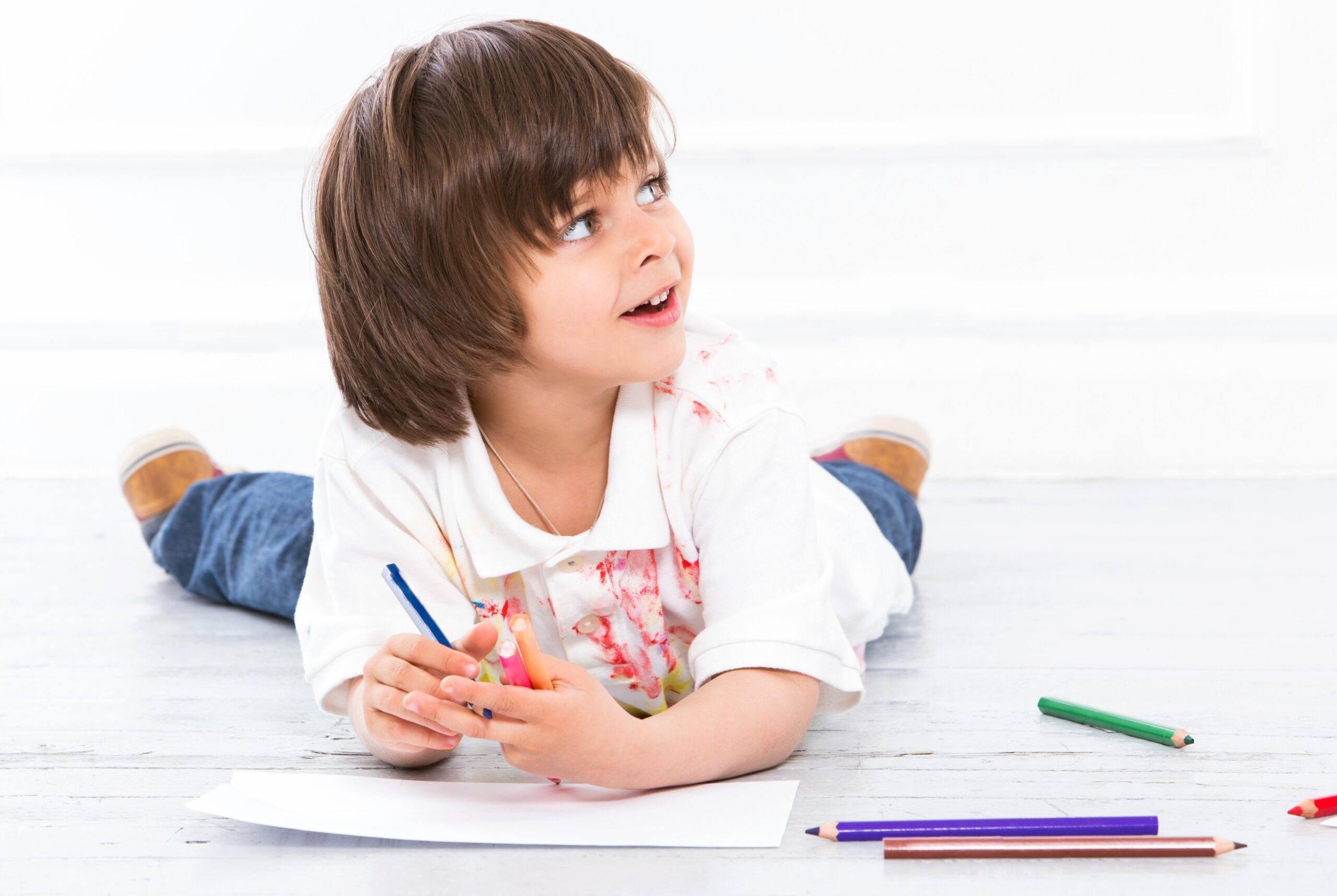Every step of childhood is like a blossoming garden. From small little flower to bloom only happens when the proper nutriment is done. Just like that, children flourish with the right support and care.
What is a developmental delay?
When a child falls behind in either their physical growth, mental stability, or emotional quotient amongst their peers, then it is considered a developmental delay. Sometimes, these resolve on their own after some time, but it is always best for early treatment and measurable steps to reach their full potential.
The shocking statistic is that research indicated that almost 2.5% of children under 2 years are dealing with developmental delays. This number is increasing day by day, which indicates the lack of awareness among parents. Every child is on their journey of development; they have their timetable, so don’t compare your child with others. But, if they are not growing as usual, then you need to consult the doctor.
There are some cute and beautiful milestones for child development (till 15 to 18 months), including.
- Saying mumma or papa
- Waving bye
- Rolling around
- Smiling for the first time
- Crawling
- Start sitting or standing with support.
- Gurgle sound
- Holding an object
- Recognizing sounds
If your child is behind in attempting these things, that doesn’t mean they are going through a developmental delay. If they are continuously unable to develop the skills expected by a certain age, then it comes under this condition.
Let’s understand the types of development delays.
Development Delays
1. Social, behavioral, and emotional skills
You might have noticed that some children who have autism and attention deficit hyperactivity disorder, which are considered social, emotional, and behavioral issues. These neurological differences and genetic predispositions are also influenced by the environment and parenting styles and directly impact the child’s ability to communicate, respond, learn, and interact.
You can identify this by understanding their response to social cues and procrastination in indulging in conversation. When the situation becomes tempting and the child is unable to get along with the environment, they start tantrums and take more time to calm down than usual. Some signs include-
- Lack of interest in social activities
- Difficulty in making friends
- Mood swings and low self-esteem
- Impulsivity
- Aggression
- Unacceptable behavior
- Underactive
2. Speech delay
This comes under receptive language disorder, where the child faces difficulty in understanding the concepts or languages. Mostly, this type of situation creates trouble for kids to identify colors, shapes, or body parts. Moreover, other challenges, such as reduced vocabulary or difficulty in phrasing sentences, fall under the expressive language disorder. This type of speech delay also indicated some signs like-
- Babbling
- Difficulty in creating sentences
- Not using consistent words
- Limited vocabulary
- Pronunciation issues
- Lack of responding to verbal cues
3. Cognitive delay
It is also known as intellectual delay or mental retardation, and this refers to the situation where the child is significantly behind in growth amongst their peers. This also includes cognitive impairment or intellectual disabilities. As per the research conducted by the Centers for Disease Control, this majorly occurs in 12 out of 1000 children and can range from mild to severe. It can occur because of genetic reasons, pregnancy growth, health conditions of the health, or birth control taken by the mother previously.
Here are some of the signs that can help you determine if the delay includes-
- Less curiosity
- Infantile behavior
- Trouble in thinking
- Difficulty in speaking
- Delaying in walking, standing, or crawling
- Short attention span
- Lack of self-help skills
Due to the severity, there are some risks, including Down syndrome, seizure disorder, skin baby syndrome, and chromosomal disorder. So, it is better to treat on time than delay.
4. Motor delay
This includes two types of skills: gross motor (walking, running, crawling, jumping) and fine motor skills (use of small muscles for movements like buttoning clothes, writing, or grasping). If a child is facing issues in the development of these skills, that means there is an interference between muscles and the mind. These might occur because of genetic conditions like achondroplasia, which causes shortening of limbs.
There are some signs of motor delay, including-
- Delaying in crawling or walking
- Limit movement in the body
- Difficulty in grasping objects
- Limited dexterity (movement of hands)
- Stiffness in muscles
Causes of Development Delays
Now that you have understood the types of delays, it is time to know the causes or reasons behind the development delays.
- The baby is born prematurely, leading to some consequences like underdeveloped organs.
- Family history of genetic conditions like muscular dystrophy or Down syndrome
- Mother used alcohol, smoke, or substances during the time of pregnancy
- Mothers who faced physical abuse during pregnancy led to issues
- Malnutrition hindering growth
- Lack of oxygen during the time of delivery
- The child is suffering from chronic conditions like heart issues, ear infections, etc.
- Autism spectrum disorder
- Environmental factors like exposure to toxins
Prevention: Protect your child
However, scientists are still unable to recognize the actuality behind the development delay, so they can’t always prevent it. But you consider the steps that can reduce the chances.
Mothers need to make sure that they stay away from toxins. Even if your partner is doing that, stop them right there. Moreover, prenatal appointments are the best, allowing healthcare experts to monitor the growth of the baby and the mother throughout the pregnancy.
For longer-term prevention, early intervention is the best. Even research has shown that it secures babies and children from developmental delays. It includes observing the growth of the child, awareness, adding professional support for your child, etc. But the best way to minimize the chances is to consult professionals like Cradle Children Hospital. Their support and care can bring out the amazing benefits.
Note from Cradle Children’s Hospital
Development is a process, and every child has a form to grow. Don’t force yourself and your child into early development. Being a parent, first, learn about your child and the way they respond to things. We can provide professional help, but you need to make up your mind for your child as well because pushing them is not the solution. However, if you have any doubts or concerns about your child’s development, feel free to reach out to our healthcare professional.
Thrive your child’s growth with open arms and happiness!





